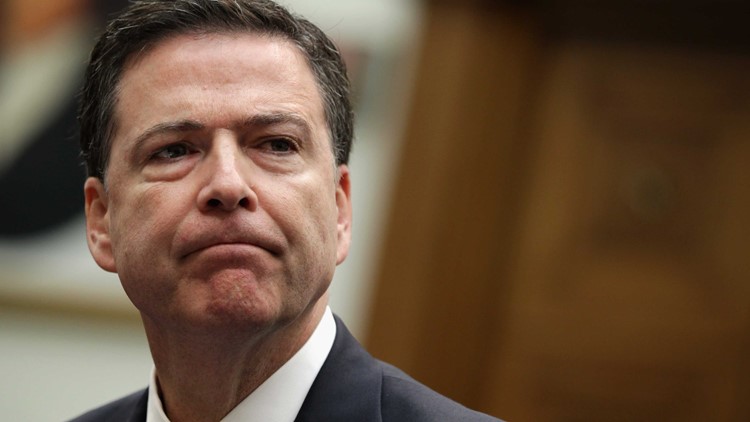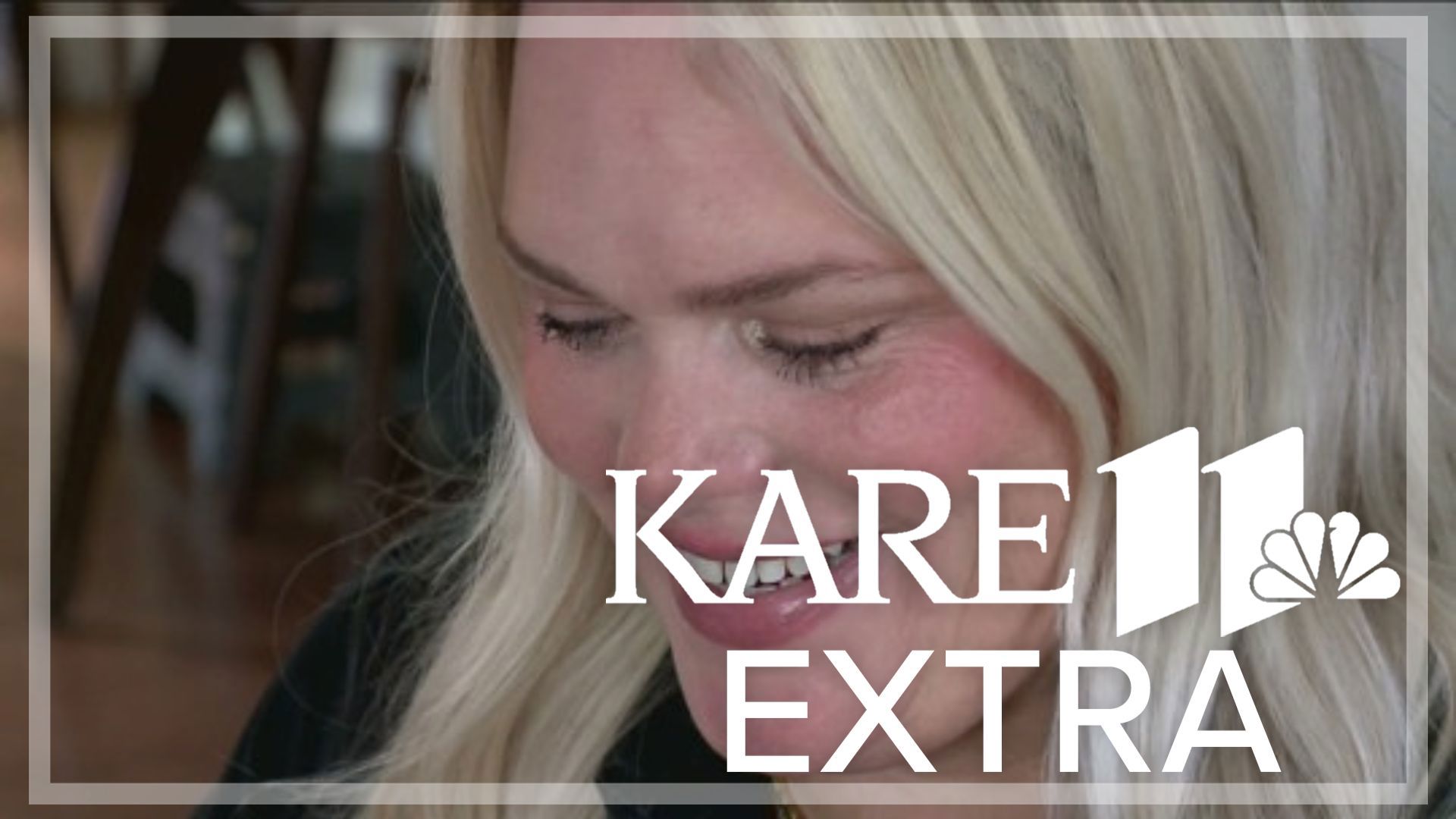In a closed-door meeting with members of two congressional committees, former FBI Director James Comey was grilled on his handling of the Hillary Clinton email scandal and the beginning days of the Russia investigation.
While Comey dodged questions pertaining to the ongoing Russia investigation that special counsel Robert Mueller now oversees, he did provide new insight into the origins of the probe, according to a transcript of his Friday appearance that was released Saturday.
Comey said the FBI's counterintelligence investigation into potential ties between the Trump campaign and Russia originated with four Americans who were thought to be potentially helping the Kremlin in its efforts to interfere in the 2016 election.
Comey didn't identify the Americans, explaining to lawmakers the individuals had not been named by the FBI publicly. But he said they were "four Americans who had some connection to Mr. Trump during the summer of 2016" and were tied to "the Russian interference effort."
The former FBI director, who oversaw the probe and was fired by Trump last year, said that the investigation was started toward the end of July 2016 and was not examining the Trump campaign or Trump himself, but rather four Americans.
Comey said before July 2016, the FBI was examining a broader effort into Russian efforts to interfere in U.S. elections but was not aware of Americans helping in their effort. He told lawmakers he was first made aware of the broader Russian effort in June with the hacking and release of emails from the Democratic National Committee.
He also fought back on criticism about the start of the FBI's investigation. Comey argued that the controversial dossier by British spy Christopher Steele was not what spurred the investigation or the crux of what led agents to request a surveillance warrant for Carter Page, who at the time worked as a foreign policy aide on Trump's campaign.
Comey said the "basis" for the start of the FBI's investigation was "information we'd received about a conversation that a Trump foreign – campaign foreign policy adviser had with an individual in London about stolen emails that the Russians had that would be harmful to Hillary Clinton." Comey added that "it was weeks or months later that the so-called Steele dossier came to our attention."
The London meeting was one had by George Papadopoulos, who is one of several connected to Trump's campaign who have been charged in the ongoing investigation.
The president, who has railed against the investigation and dubbed it a "witch hunt," and other Republican lawmakers have used Page's surveillance warrant to hurl accusations that the government abused surveillance laws in an effort to monitor Trump’s campaign.
The Republican-led committee interviewed Comey on Friday as part of its investigation into actions by the Justice Department and the FBI in 2016. The questioning largely centered on well-covered territory from a Justice Department inspector general report, Comey’s own book and interviews and hours of public testimony on Capitol Hill.
Lawmakers clashed with Comey multiple times throughout his testimony. Comey was stopped several times by an attorney for the FBI from answering questions, many of which revolved around the ongoing investigation into Russian interference in the election and possible obstruction by the president.
But the former FBI chief used the occasion to take aim at Trump’s public barbs at the criminal justice system, saying “we have become numb to lying and attacks on the rule of law by the president,” and Trump’s suggestion that it should be a crime for subjects to “flip” and cooperate with investigators.
“It’s a shocking suggestion coming from any senior official, no less the president. It’s a critical and legitimate part of the entire justice system in the United States,” Comey said.
Comey also used his time before lawmakers to take on issues, such as Clinton's funding of the dossier, and two FBI employees who traded anti-Trump text messages. He also cast doubt on public assertions by the president that Comey was "best friends" with Mueller.
"I admire the heck out of the man, but I don't know his phone number, I've never been to his house, I don't know his children's names," Comey said. "I think I had a meal once alone with him in a restaurant. I like him. I am not a – I'm an associate of his who admires him greatly. We're not friends in any social sense."
He added he'd "never hugged or kissed the man" despite comments made by Trump in the past.
"A relief to my wife," he deadpanned.



